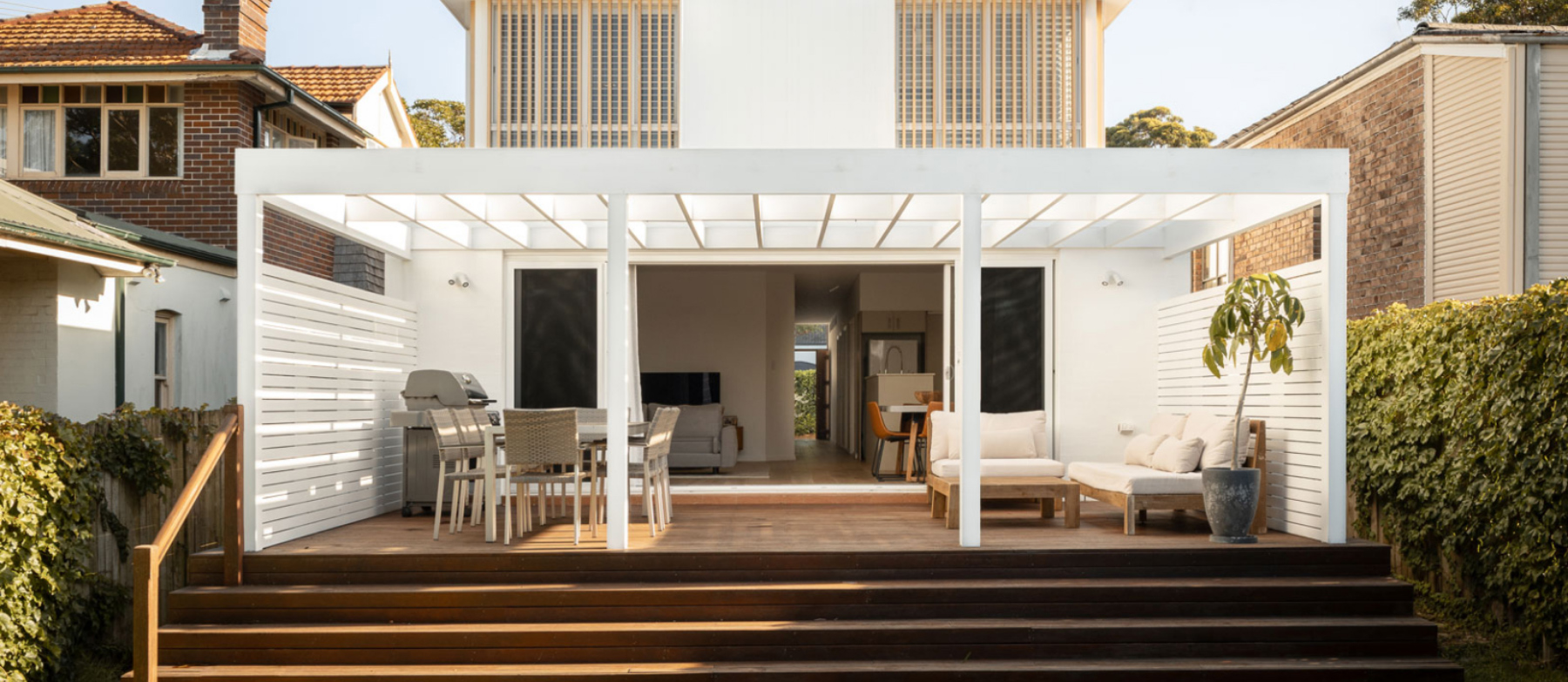
Introduction
Dubai, with its awe-inspiring skyline and grand architectural wonders, is a city renowned for its cutting-edge construction projects. In recent years, there has been a remarkable shift towards sustainable building construction materials and designs in Dubai, reflecting the city’s commitment to environmental stewardship and energy efficiency. This blog explores how integrating sustainable materials and designs into building construction not only enhances the aesthetic appeal of Dubai’s urban landscape but also contributes to a more sustainable and eco-friendly future.
-
Sustainable Building Materials: A Solid Foundation
The choice of construction materials is pivotal in determining the environmental impact of a building. Sustainable materials offer a plethora of benefits, from reducing resource depletion to minimizing waste generation. In Dubai, innovative materials such as recycled concrete, bamboo, and reclaimed wood are gaining traction for their eco-friendly attributes. These materials often have a lower carbon footprint compared to traditional options, contributing to reduced greenhouse gas emissions.
-
Energy-Efficient Design: Keeping the Cool In and the Heat Out
Dubai’s scorching climate necessitates energy-efficient building designs that minimize the reliance on air conditioning and other cooling systems. Passive design strategies, such as shading devices, natural ventilation, and thermal insulation, help regulate indoor temperatures and reduce energy consumption. Incorporating high-performance glazing and reflective roofing materials further enhances the energy efficiency of buildings, allowing them to remain cooler even under the blazing sun.
-
Solar Power Integration: Harnessing the Sun’s Energy
Dubai’s abundant sunshine offers an excellent opportunity for harnessing solar energy. Integrating solar panels into building design not only generates clean electricity but also helps offset energy costs. The city’s ambitious solar initiatives, such as the Mohammed bin Rashid Al Maktoum Solar Park, highlight its commitment to renewable energy. By incorporating photovoltaic systems into building facades and rooftops, Dubai can further capitalize on its solar potential.
-
Water-Efficient Practices: Preserving a Precious Resource
Water scarcity is a critical concern in the arid region of Dubai. Sustainable building designs incorporate water-efficient fixtures, rainwater harvesting systems, and low-flow plumbing to reduce water consumption. The integration of greywater recycling systems allows treated wastewater to be reused for non-potable purposes, mitigating strain on the city’s water resources.
-
Green Spaces and Urban Biodiversity: Balancing Nature and Architecture
Integrating green spaces into building design enhances urban biodiversity and improves air quality. Rooftop gardens, vertical green walls, and landscaped terraces not only provide aesthetically pleasing environments but also contribute to temperature regulation and carbon sequestration. By fostering a harmonious coexistence between nature and architecture, Dubai can create more sustainable and livable urban spaces.
-
Waste Reduction and Recycling: Closing the Loop
Sustainable building construction in Dubai places a strong emphasis on waste reduction and recycling. Employing modular construction techniques and prefabricated components reduces construction waste. Additionally, incorporating recycled materials, such as reclaimed wood and repurposed metals, minimizes the demand for virgin resources.
Conclusion
Dubai’s journey toward sustainability in building construction materials and design is a testament to its commitment to a greener future. By embracing sustainable materials, energy-efficient designs, solar power integration, water-efficient practices, green spaces, and waste reduction, Dubai is setting an inspiring example for cities worldwide. For those who want to delve deeper into this topic for academic or professional purposes, especially in the context of architecture, urban planning, or environmental studies, expert assistance with ghostwriter österreich can be invaluable. As the city continues to evolve its skyline, each sustainable building becomes a symbol of progress and environmental responsibility, paving the way for a more harmonious coexistence between urban development and the natural world. Through these concerted efforts, Dubai is not only constructing impressive structures but also constructing a sustainable legacy for generations to come.
